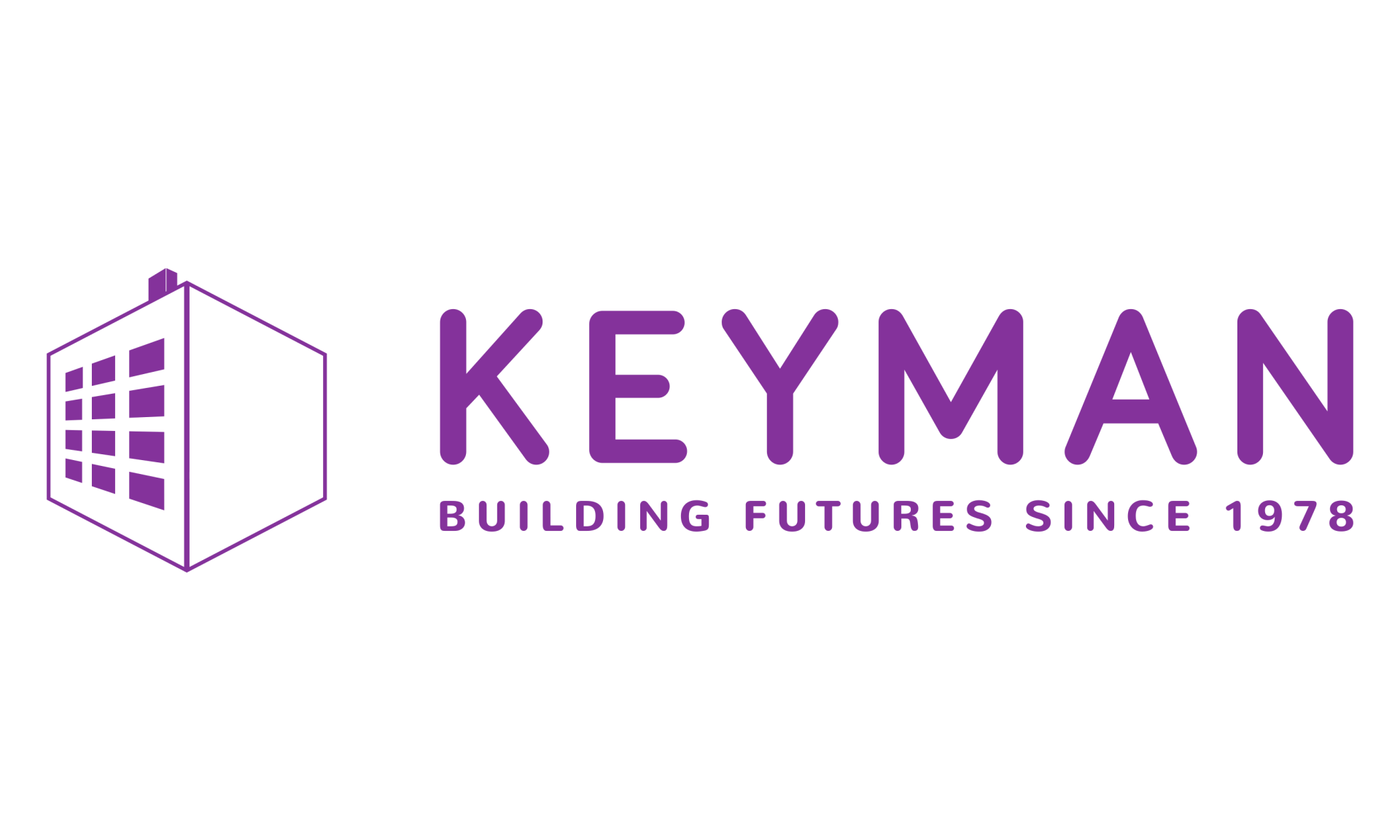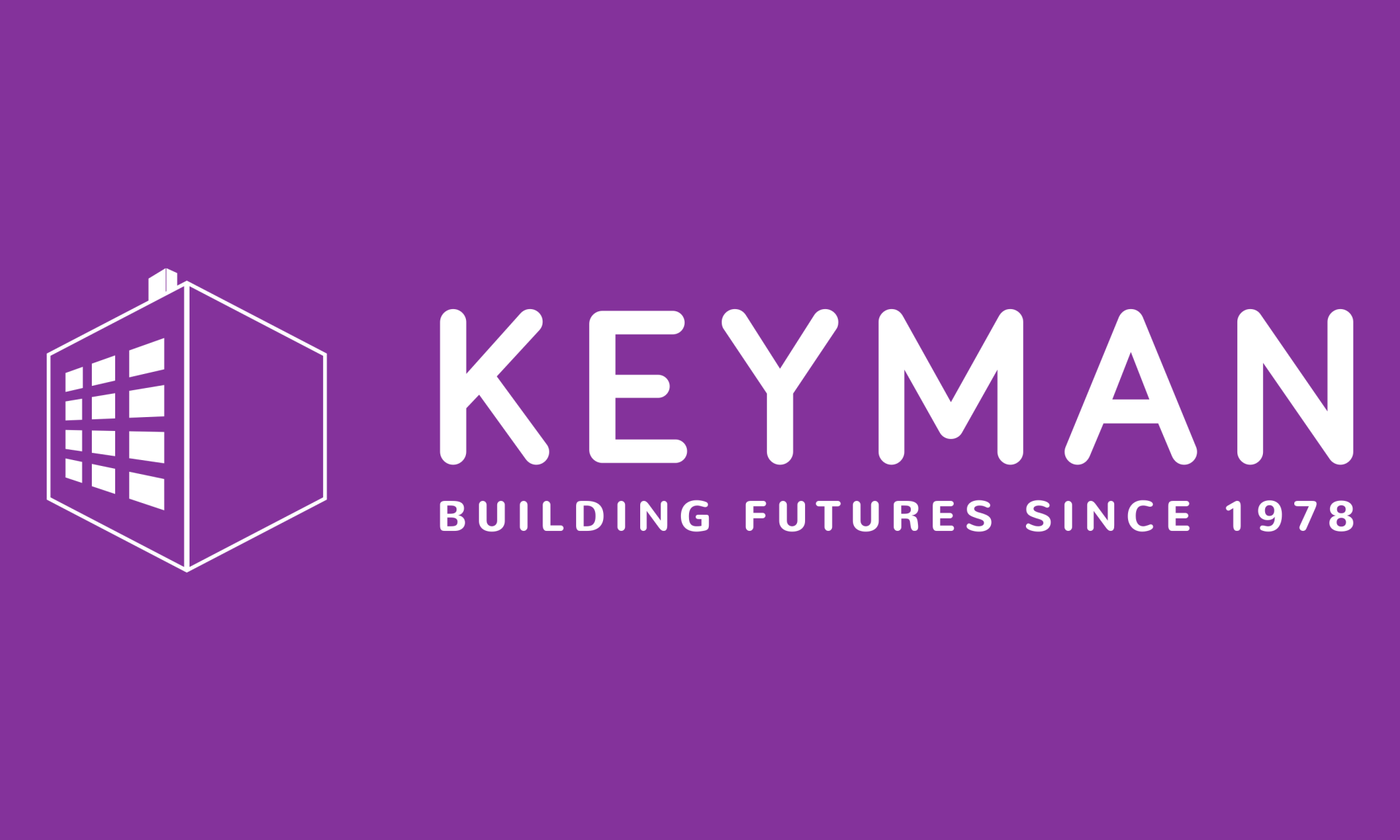
Stress Awareness Month 2024: Addressing Workplace Stress in the Construction Industry
April is Stress Awareness Month, an annual event that shines a spotlight on the pervasive issue of stress and encourages open discussions on how to tackle it. In the high-pressure environment of the construction industry, where deadlines are tight and physical demands are high, stress is a significant concern. This month, we delve into how stress affects construction workers and what measures can be implemented to create a healthier workplace.
The Burden of Stress in Construction
The construction industry is notorious for its challenging work conditions, from physical labour to the uncertainty of contractual work. According to a recent survey by the Health and Safety Executive (HSE), construction workers report higher levels of work-related stress, depression, and anxiety than the national average. In fact, stress, depression, or anxiety accounts for approximately 20% of all work-related health issues in the construction sector.
The nature of construction work can often lead to prolonged stress, which is detrimental to both physical and mental health. Symptoms can range from fatigue and irritability to more severe health problems such as hypertension and depression. The impact is not only on the individual but also on productivity and safety at work.
Voices from the Industry
The real-world impact of stress in construction can be profound. As Tom Richardson, a site manager with over 15 years of experience, points out, "The relentless pressure to meet deadlines can often mean long hours and short breaks. It's no surprise that many of us end up feeling burnt out." This sentiment is echoed across the sector, underscoring the need for effective stress management strategies.
Strategies for Managing Stress in the Construction Industry
Addressing stress in the construction industry requires a multifaceted approach. Employers can play a crucial role by implementing policies that promote mental health. Here are some strategies that can help alleviate stress in the workplace:
Promoting a Positive Work Environment:
Creating a culture that promotes mental well-being and openly discusses stress is critical. This includes providing support for employees who may be struggling and encouraging a healthy work-life balance.
Flexible Working Conditions:
Where possible, offering flexible working hours can help employees manage stress better. This flexibility allows workers to accommodate personal commitments, which can reduce work-related stress.
Training and Resources:
Providing training on stress management and resilience can equip workers with tools to handle stress more effectively. Additionally, access to mental health resources and counselling services can offer much-needed support.
Physical Health and Safety:
Ensuring that physical safety is prioritized also helps in reducing stress. This includes everything from wearing proper safety gear to regular health and safety training.
Regular Breaks and Time Off:
Encouraging regular breaks during the day and ensuring workers take their annual leave can help in maintaining mental health.
The Future of Stress Management in Construction
Looking forward, it's clear that addressing workplace stress in the construction industry will require ongoing effort and commitment from all levels of management. As Jane Davies, a health and safety consultant specialises in construction, advises, "We need to build resilience, not just in our structures but in our people. A worker who feels supported is more engaged and productive."
Conclusion
Stress Awareness Month serves as a vital reminder of the importance of mental health in the construction industry. By implementing strategic measures to manage stress, employers can foster a more productive, safe, and healthy working environment. As we move forward, it is essential that the industry continues to innovate and apply these practices, not just for the benefit of its workers but for the overall success of the industry.
Keyman Blog



